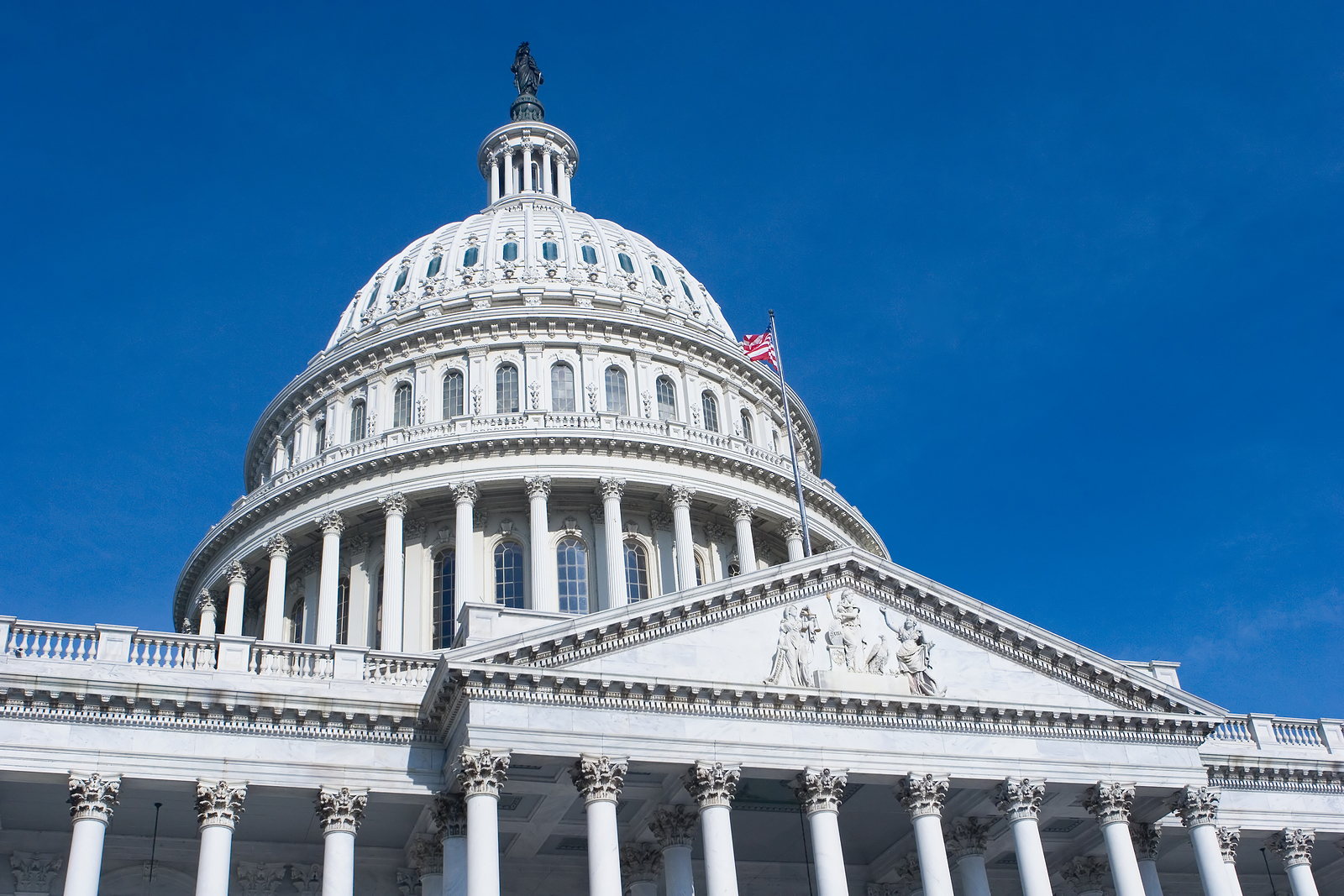Oil Company Directors Decline to Testify in U.S. House Climate Panel
WASHINGTON (Reuters) — Board members of four major oil companies declined to appear at a U.S. House oversight panel hearing scheduled for Feb. 8 to answer questions about their companies' climate change plans, the committee said on Thursday.

The congressional committee last month invited board members from Exxon Mobil Corp, Shell Plc, Chevron Corp and BP Plc to testify about the industry's role in climate change and spreading "disinformation" about that role and their proposed solutions.
The hearing aimed to turn up the heat on those companies after lawmakers grilled chief executives last year and to gather information about whether these companies' proposed climate change plans will achieve anything.
“If these fossil fuel companies were really taking meaningful steps to curb dangerous emissions, their boards of directors would be eager to testify before the Committee when requested, and speak to the American people,” said committee Chairwoman Carolyn Maloney.
The panel has scheduled a new hearing for March 8 to give time to board members to give testimony under oath and will give the floor to climate experts to analyze the climate plans of those oil majors during the Feb. 8 hearing.
The board members who had been invited to testify but declined were climate scientist Dr. Susan Avery of Exxon, activist investor Alexander "Andy" Karsner of Exxon, Enrique Hernandez of Chevron, Melody Meyer of BP and Jane Holl Lute of Shell.
Exxon spokesperson Casey Norton said the company informed the committee that Avery and Karsner would "appear voluntarily when both are available" and is reviewing the most recent letter.
Other board members did not immediately respond to requests for comment.
Each of the four companies invited have announced net zero emission targets by 2050 and have said their plans are aligned with the goals of the Paris agreement. However, those plans are focused on internal operations, not on the emissions released when consumers burn the fuels they produce.
Subcommittee Chairman Ro Khanna said the panel hopes the testimonies of these board members, who were selected because they promised to improve the companies' record on climate change, provides "a behind the scenes look at the internal discussions occurring at these companies."
He added that if they do not participate voluntarily, "all options are on the table.”
The panel concluded its first hearing targeting Big Oil last year featuring the CEOs of oil majors by issuing subpoenas for documents on what company scientists have said about climate change and any funds spent to mislead the public on global warming.
Related News
Related News

- Kinder Morgan Proposes 290-Mile Gas Pipeline Expansion Spanning Three States
- Valero Plans to Shut California Refinery, Takes $1.1 Billion Hit
- Three Killed, Two Injured in Accident at LNG Construction Site in Texas
- Boardwalk’s Texas Gas Launches Open Season for 2 Bcf/d Marcellus-to-Louisiana Pipeline Expansion
- Tallgrass to Build New Permian-to-Rockies Pipeline, Targets 2028 Startup with 2.4 Bcf Capacity
- New Alternatives for Noise Reduction in Gas Pipelines
- EIG’s MidOcean Energy Acquires 20% Stake in Peru LNG, Including 254-Mile Pipeline
- Construction Begins on Ghana's $12 Billion Petroleum Hub, But Not Without Doubts
- DOE Considers Cutting Over $1.2 Billion in Carbon Capture Project Funding
- Valero Plans to Shut California Refinery, Takes $1.1 Billion Hit




Comments